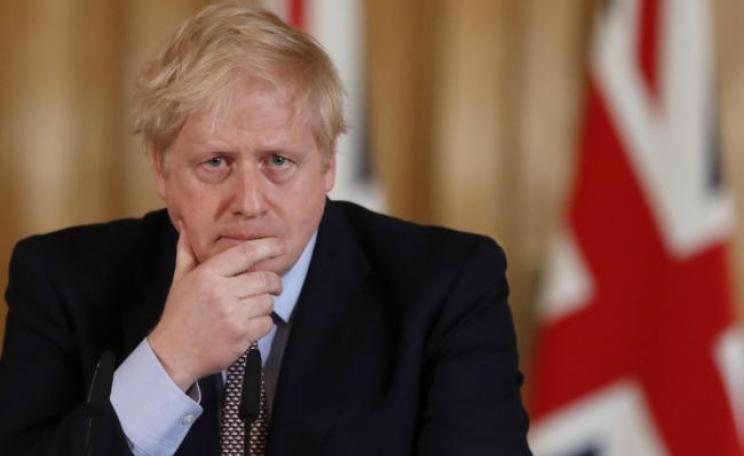This should feel like a turning point and actually it feels like more of the same, or in fact going backwards.
Environmentalists have raised concerns that the Government is "watering down" its appetite for a green Brexit and recovery from the coronavirus pandemic.
Environment Secretary George Eustice used a speech to environmental groups on Monday to insist that the approach to green regulation after the UK quits the EU system will help boost nature.
And he said Prime Minister Boris Johnson and the Government want to see a green recovery for the UK as it emerges from the Covid-19 crisis.
Boost
There have been widespread calls for investment in clean technologies and nature - from insulation to planting trees and restoring peatland - to boost jobs and the economy and build back greener after Covid-19.
But RSPB chief executive Beccy Speight, who was also speaking at the online conference organised by think-tank Green Alliance, voiced the concerns of many in the sector over the gap between the Government's rhetoric and action on the environment.
Mr Johnson prompted fears among environmental groups of moves to weaken protections when he criticised "newt-counting" regulations that delayed development.
Campaigners are also concerned about a lack of investment in a green recovery and money going to prop up polluting industries and carbon-intensive infrastructure such as roads.
Mr Eustice announced plans to "simplify" the environmental impact assessments some developments have to undertake, which he said would allow for wider considerations of the landscape and boost wildlife.
Resilient
He also announced £5 million to pilot a system that provides baseline data on habitats and species in planning authority areas, and £4 million for "green prescribing" to boost people's physical and mental health through access to nature.
But Ms Speight said the big concern is what is happening to nature, which has seen serious declines in the UK in recent decades.
"We're seeing patterns that show a kind of watering down around the appetite for a green Brexit, a watering down of the appetite of a green economic recovery."
And she said: "We would want to see more ambition, more heart and certainly more investment in nature" in order to deliver a real, green recovery, warning that what has been announced for nature so far "did not touch the sides" of what is needed.
"This should feel like a turning point, where everything is pointing in the direction of really putting nature at the heart of this resilient recovery, and actually it feels like more of the same, or in fact going backwards," she said.
Priority
Tanya Steele, chief executive of WWF, raised concerns that "the question is, is this a path to recovery, or actually a crossroads where that path isn't ambitious enough, and is it in danger of passing the burden of inaction on to our children?"
She also questioned investing in infrastructure that is not compatible with cutting emissions to net zero by 2050, a legal target for the UK.
Challenged as to whether the Government is serious about tackling the nature and climate crisis, Mr Eustice said the Prime Minister made it clear that it is his "number one priority" when appointing him in February.
Mr Johnson wants to see a green recovery from the pandemic, he said, adding "it's very much a central part of our agenda".
Nature gains
He said a consultation would be published soon on setting long-term targets for environmental improvements, including for nature.
Transforming England's £2 billion-a-year subsidy regime to focus on providing public goods such as wildlife and habitat protection, as part of leaving the EU, would be a "game changer", he insisted, as would the new market around requirements for developments to deliver net gains for nature.
In his speech he also said that the approach in recent decades had been to protect what was left.
But he said: "If we really want to realise the aspirations that the public have for nature then we need policies that will not only protect but that will build back - with more diverse habitats that lead to a greater abundance of those species currently in decline."
Mr Eustice said that was what lay behind the changes to farming policy and ensuring net nature gains in the planning system.
This Author
Emily Beament is the PA environment correspondent.







